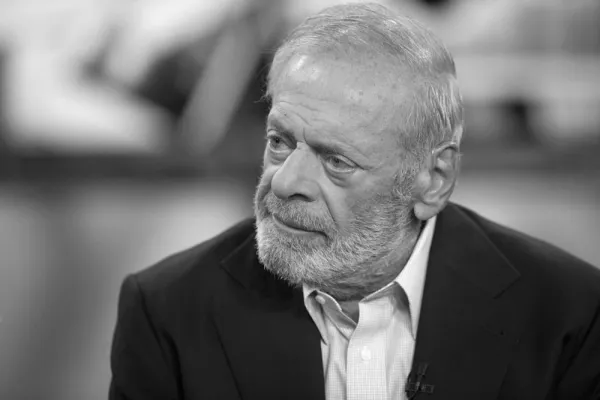Pagaya, which manages money using algorithms created with artificial intelligence, has raised $25 million in a series-C financing round led by Oak HC/FT, a health care and financial technology venture firm.
The fund raise will support the company’s move into real estate, corporate credit, mortgages, and other asset classes. Seed investors in Pagaya — including Viola Ventures, Israel’s Clal Insurance, family office GF Investments, Siam Commercial Bank’s digital venture arm, and Harvey Golub, former chairman and CEO of American Express — also participated in the round.
Pagaya uses machine learning and big data analytics to manage institutional money. Investors in the company’s products include pension funds, sovereign wealth funds, and other institutions, as well as other asset managers. In February, the firm launched the first AI-run, asset-backed security. It is now working on a second instrument.
“To do the kind of disruption we envision, you need to deploy a lot of capital, primarily in people with quant skills,” said Gal Krubiner, CEO and one of three Israeli co-founders of Pagaya.
[II Deep Dive: Real Estate Crowdfunding Firm Targets Institutional Investors]
Pagaya is using machine learning to take advantage of the growing amount of data available in areas such as real estate. For example, Krubiner explained that Pagaya’s 30 data scientists and AI experts can build algorithms to track activities like auto loans that are made to residents in cities and even specific neighborhoods, all over the U.S.
However, Krubiner added that machine learning is limited by the amount of data that is publicly available. Information about real estate has become increasingly transparent. But there’s still a dearth of information available on asset classes like private equity and private credit. Pagaya is continuing to evaluate its ability to operate in private markets.
“We’ll go into all areas that have a lot of data available,” Krubiner said.
As a startup that is only using proprietary algorithms to find investments, Pagaya believes it has an edge over other asset managers, even the largest. “When I was at BlackRock, we had all this information from borrowers, but we only used a fraction of it,” said Ed Mallon, Pagaya’s chief investment officer and a 20-year veteran of BlackRock.
In contrast, Pagaya can see decades of information on individual borrowers and can evaluate 2,000 variables in many cases. “Now you can see how that borrower acted over time,” Mallon said.






